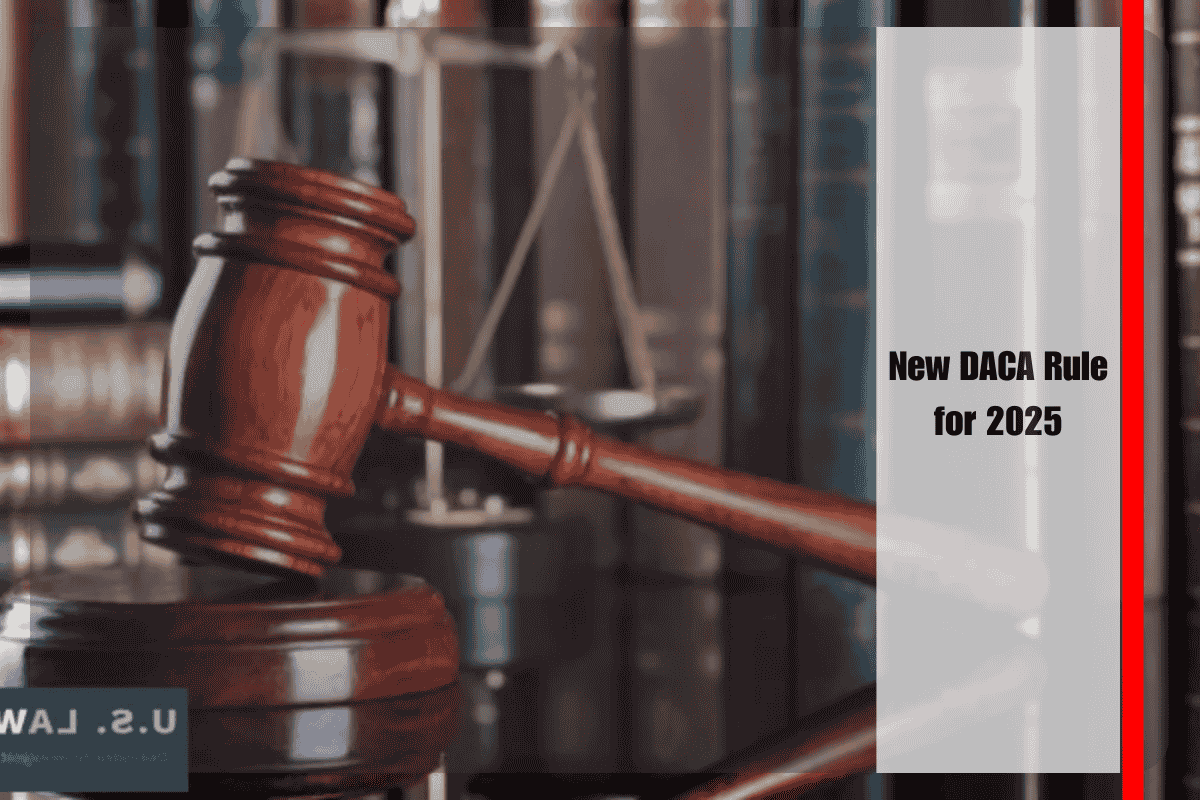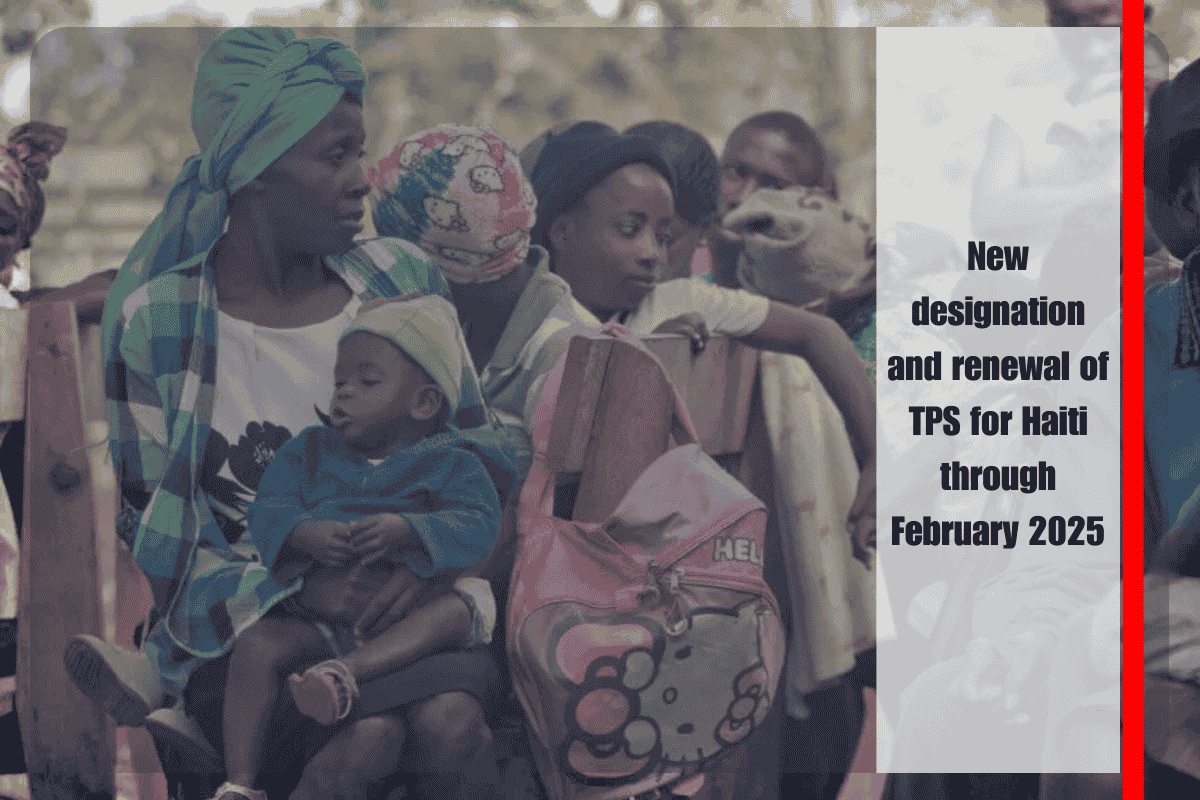In 2025, new developments have changed how the Deferred Action for Childhood Arrivals (DACA) program works. DACA, created in 2012, was meant to protect certain young people who came to the U.S. as children from being deported and to give them permission to work legally. Over the years, the program has been challenged in courts many times. Now, in 2025, new court rulings are reshaping what DACA means for current and future recipients.
What Happened in 2025
In January 2025, the Fifth Circuit Court of Appeals ruled that large parts of the 2022 DACA regulation were unlawful. This decision mainly affects people living in Texas, but it has national consequences too. The court said that protections from deportation could stay in place, but that other benefits, like work authorization, may be separated or limited.
Then in March 2025, the court issued a formal order (called a “mandate”) to begin putting its decision into effect. This means that the lower courts must now follow the ruling and make changes to how DACA works in Texas and possibly beyond.
What This Means for Current DACA Recipients
If you already have DACA, the good news is that you can still renew your status. That means you still have protection from deportation and, for now, you can continue to get work permits. The U.S. government has allowed renewals to keep going while appeals continue.
However, things may change in Texas. The ruling says that in the future, DACA recipients there might only have protection from deportation, but may lose other benefits like work permits or driver’s licenses that depend on work authorization. These changes are not yet final, but they are important to watch.
What This Means for New Applicants
If you are applying for DACA for the first time, the situation is tougher. Courts have blocked the government from granting new or first-time DACA applications. That means only people who already have DACA can renew. If your DACA expired more than a year ago, you may not be able to reapply under the current rules.
Why This Matters
For many young people, often called “Dreamers,” DACA has been life-changing. It allows them to work legally, go to school, and live without fear of deportation. Without work permits, many DACA recipients may lose jobs, health insurance, or the ability to support their families. The court’s ruling creates uncertainty, especially in Texas, about what benefits will remain.
What’s Next
The legal battles over DACA are not over. The case could go to the U.S. Supreme Court, which may make the final decision about whether the program can continue as it is. In the meantime, immigrant advocates are urging Congress to pass permanent protections for Dreamers, since court rulings keep leaving their futures uncertain.
As of 2025, DACA still exists, but it is under serious pressure. Renewals are allowed, but first-time applications are blocked. In Texas, work permits may soon be removed from the program, leaving only protection from deportation. The future of DACA is still unclear, and the best advice for anyone affected is to stay informed and speak with an immigration attorney about their options.










